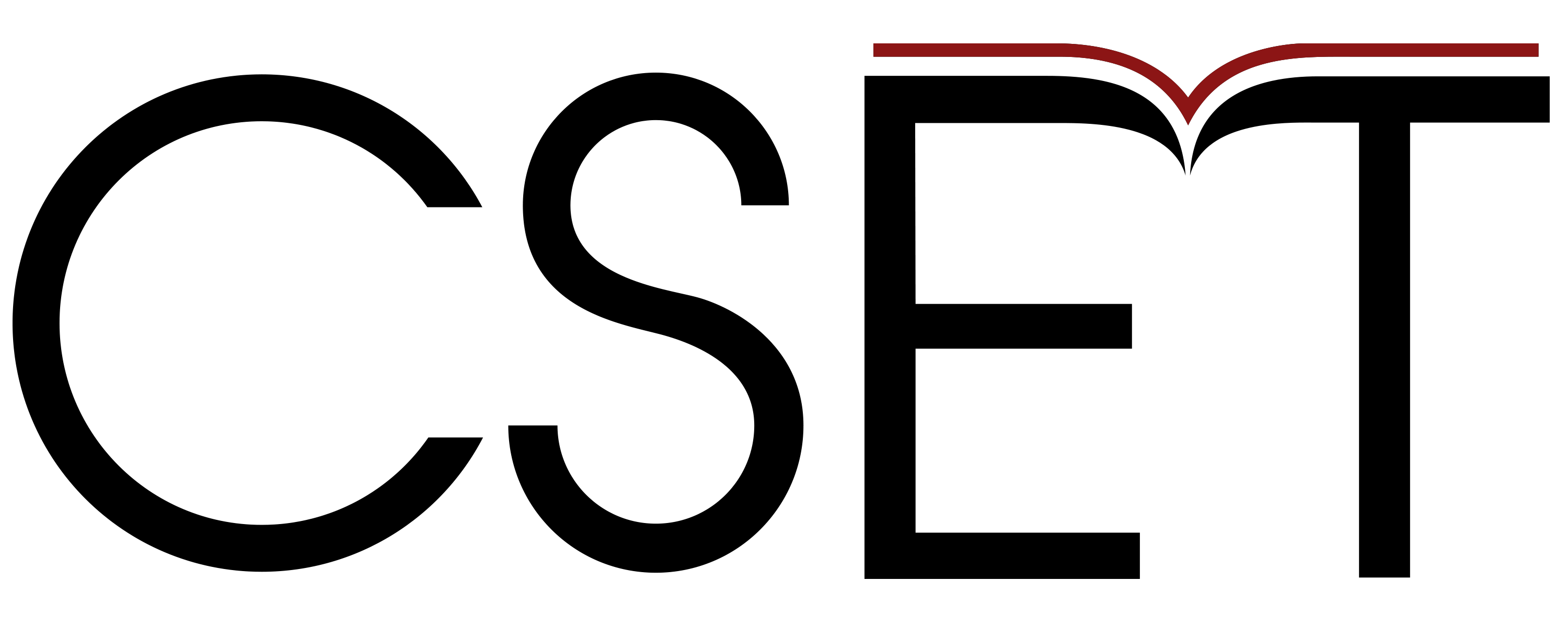2001
Grossman, P. L., Thompson, C., & Valencia, S. W. (2001). Where the twain shall meet: District policy and beginning teachers. Seattle, WA: Center for the Study of Teaching and Policy.
Grossman, P. L. (2001). Research on the teaching of literature: Finding a place. In V. Richardson (Ed.), Handbook of research on teaching (4th ed., pp. 416-432). New York: Macmillan.
Grossman, P. L., Wineburg, S. S., & Woolworth, S. (2001). Toward a theory of teacher community. Teachers College Record, 103(6), 942-1012.
Osborne, J. F. (2001). Promoting argument in the science classroom: A rhetorical perspective. Canadian Journal of Science, Mathematics and Technology Education, 1(3), 271-290.
Osborne, J. F., Erduran, S., Simon, S., & Monk, M. (2001). Enhancing the quality of argument in school science. School Science Review, 82(301), 63-70.
Wineburg, S., & Grossman, P. (2001). Affect and effect in cognitive approaches to education. In D. Klahr & S. Carver (Eds.),Cognition and instruction: The thirtieth Carnegie symposium on cognition (pp. 479-492). Mahwah, NJ: Lawrence Erlbaum.
2000
Borko, H., Davinroy, K. H., Bliem, C. L., & Cumbo, K. B. (2000). Exploring and supporting teacher change: Two teachers’ experiences in an intensive mathematics and literacy staff development project. Elementary School Journal, 100, 273-306.
Borko, H., Peressini, D., Romagnano, L., Knuth, E., Yorker, C., Wooley, C., Hovermill, J., & Masarik, K. (2000). Teacher education does matter: A situative view of learning to teach secondary mathematics. Educational Psychologist, 35, 193-206
Osborne, J. (2000). Earth in space. In D. Sang (Ed.), Teaching secondary physics (pp. 187-223). London: John Murray.
Driver, R. Newton, P., & Osborne, J. (2000). Establishing the norms of scientific argumentation in the classroom. Science Education, 84(3), 287-312.
